The philosophy of aromatherapy
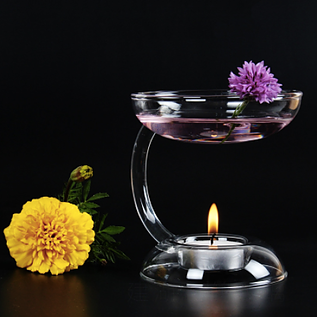
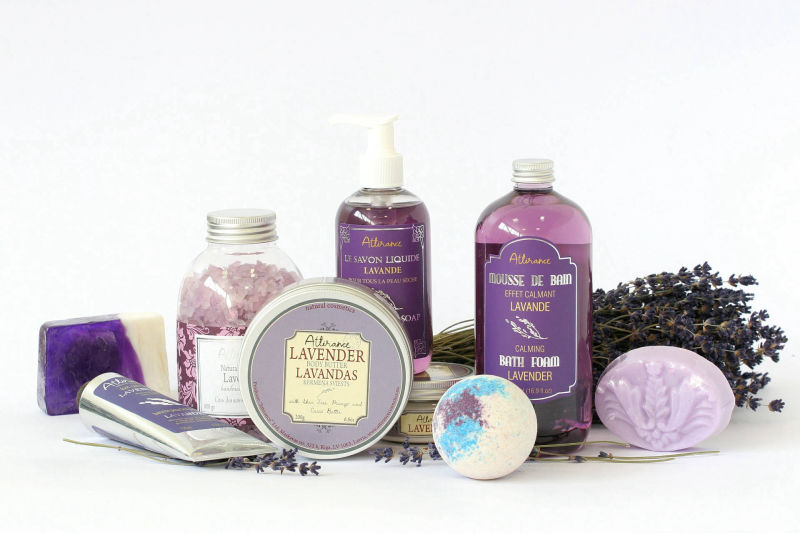
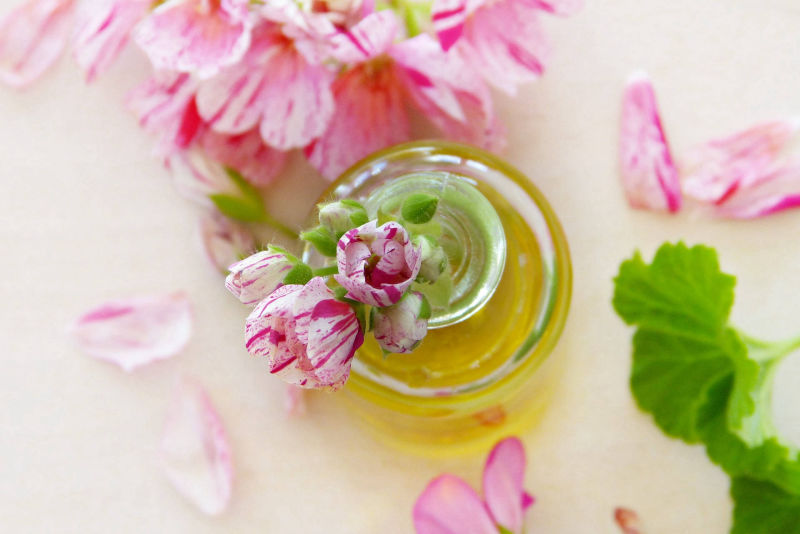
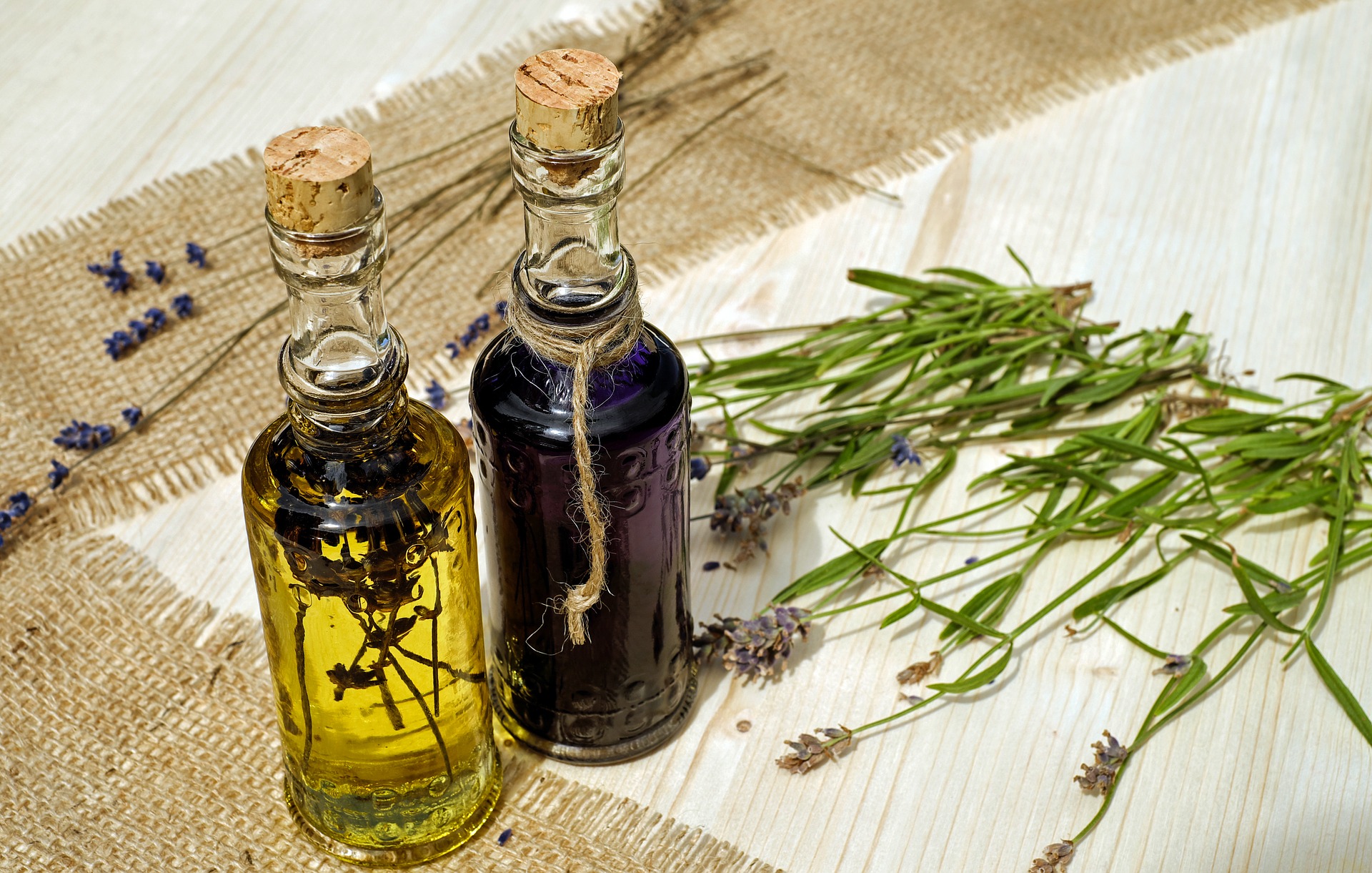
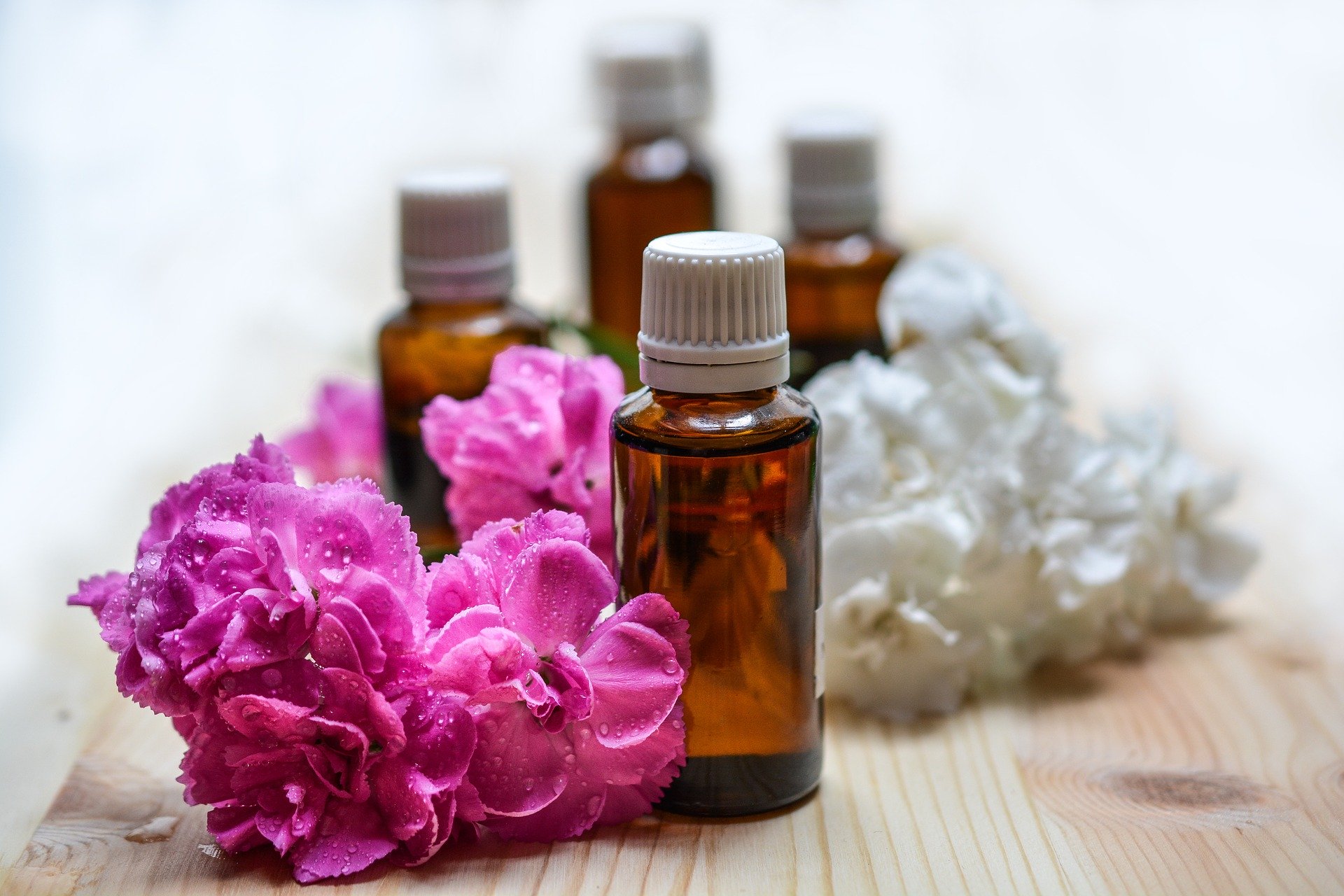
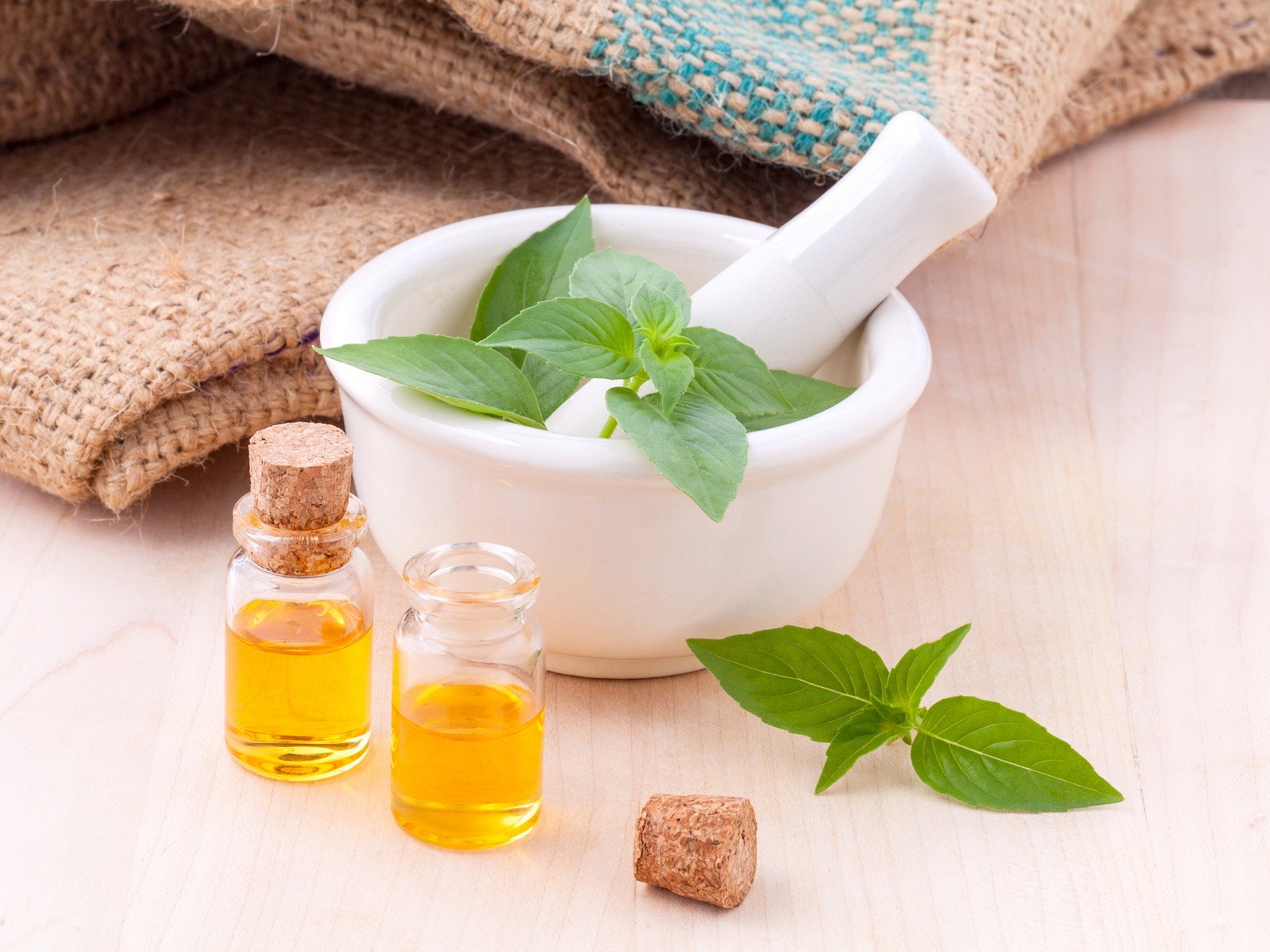
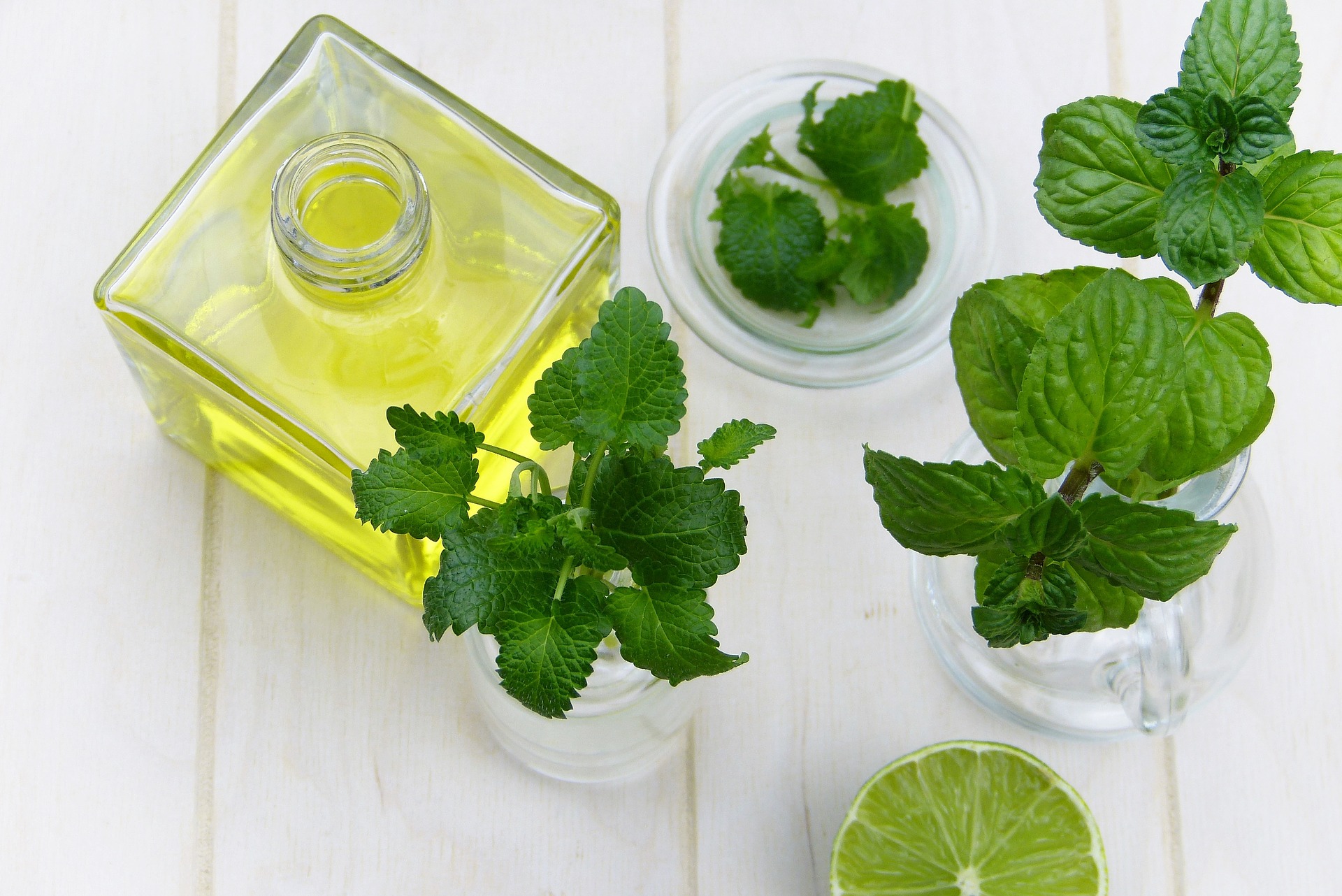
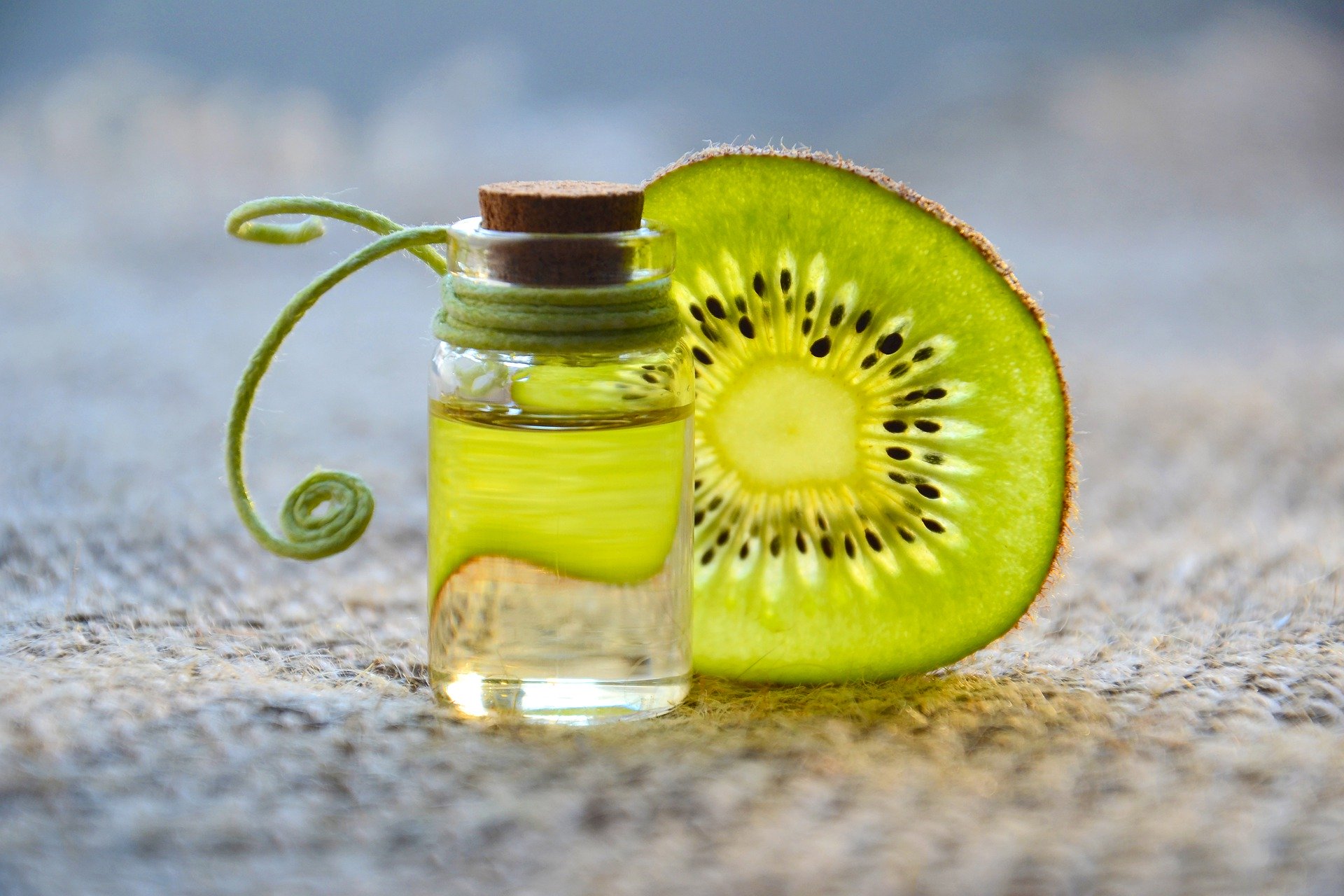
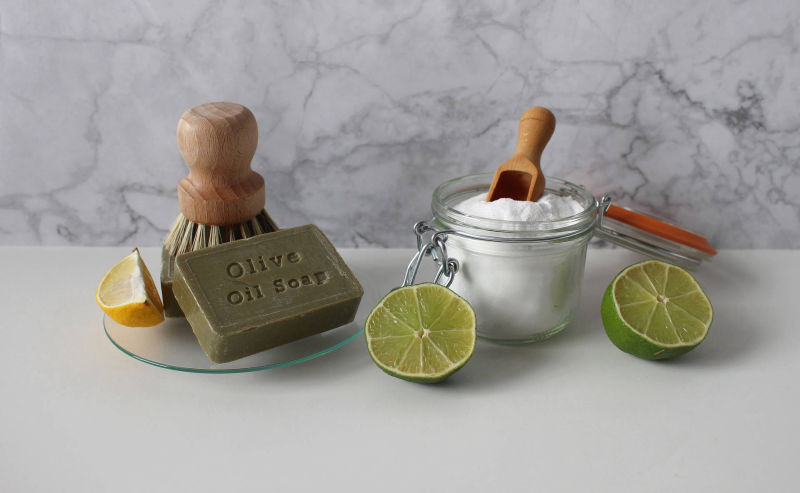
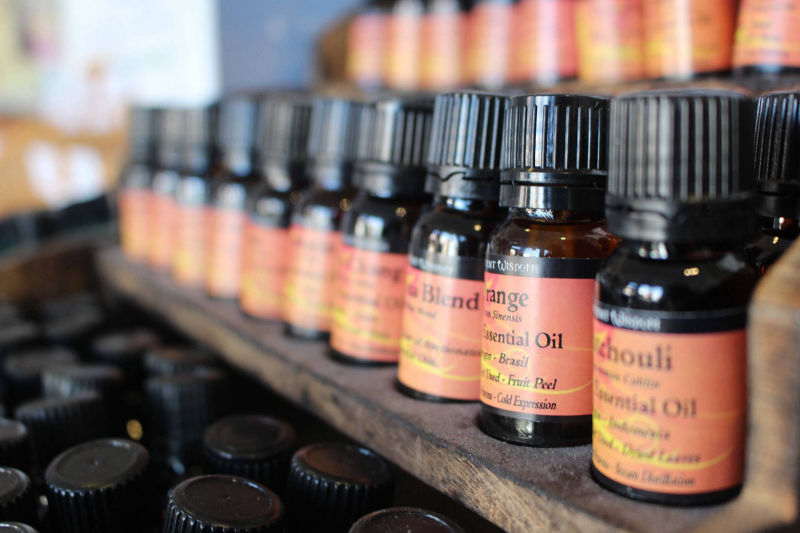
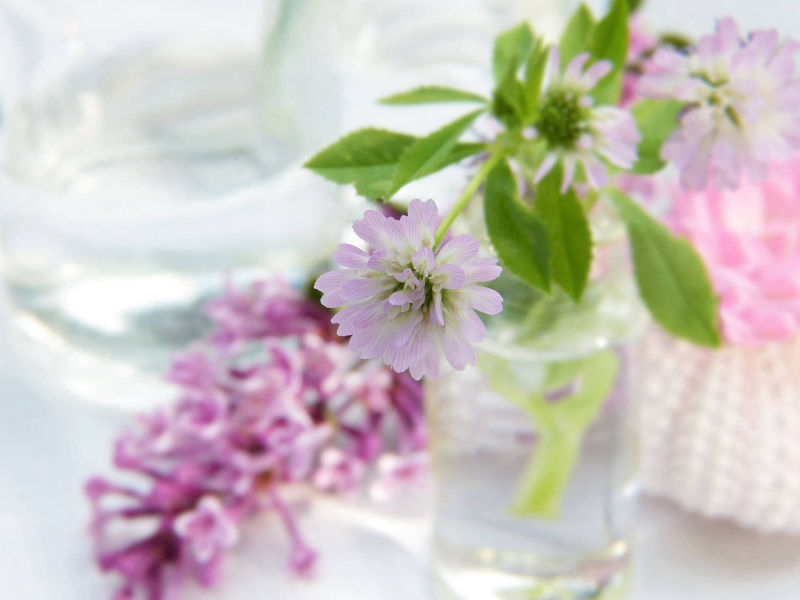
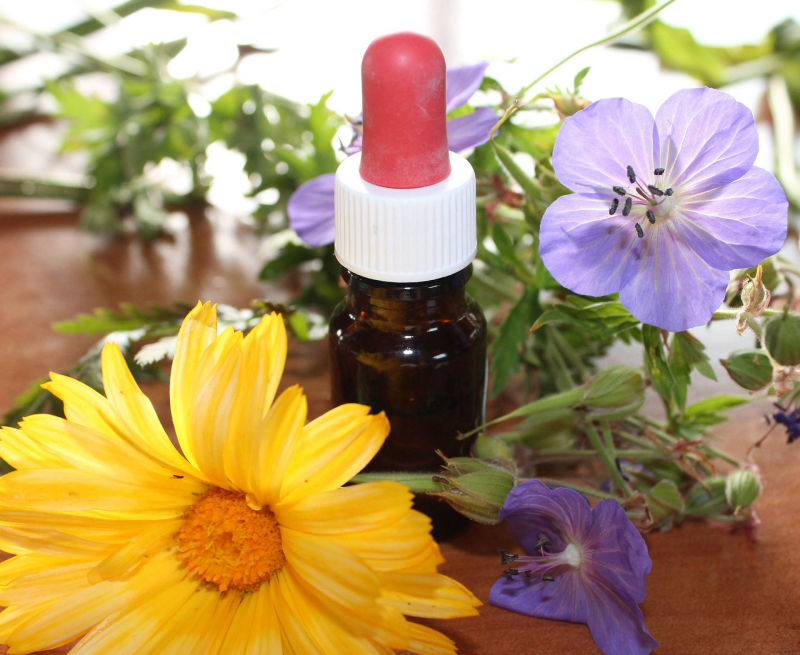
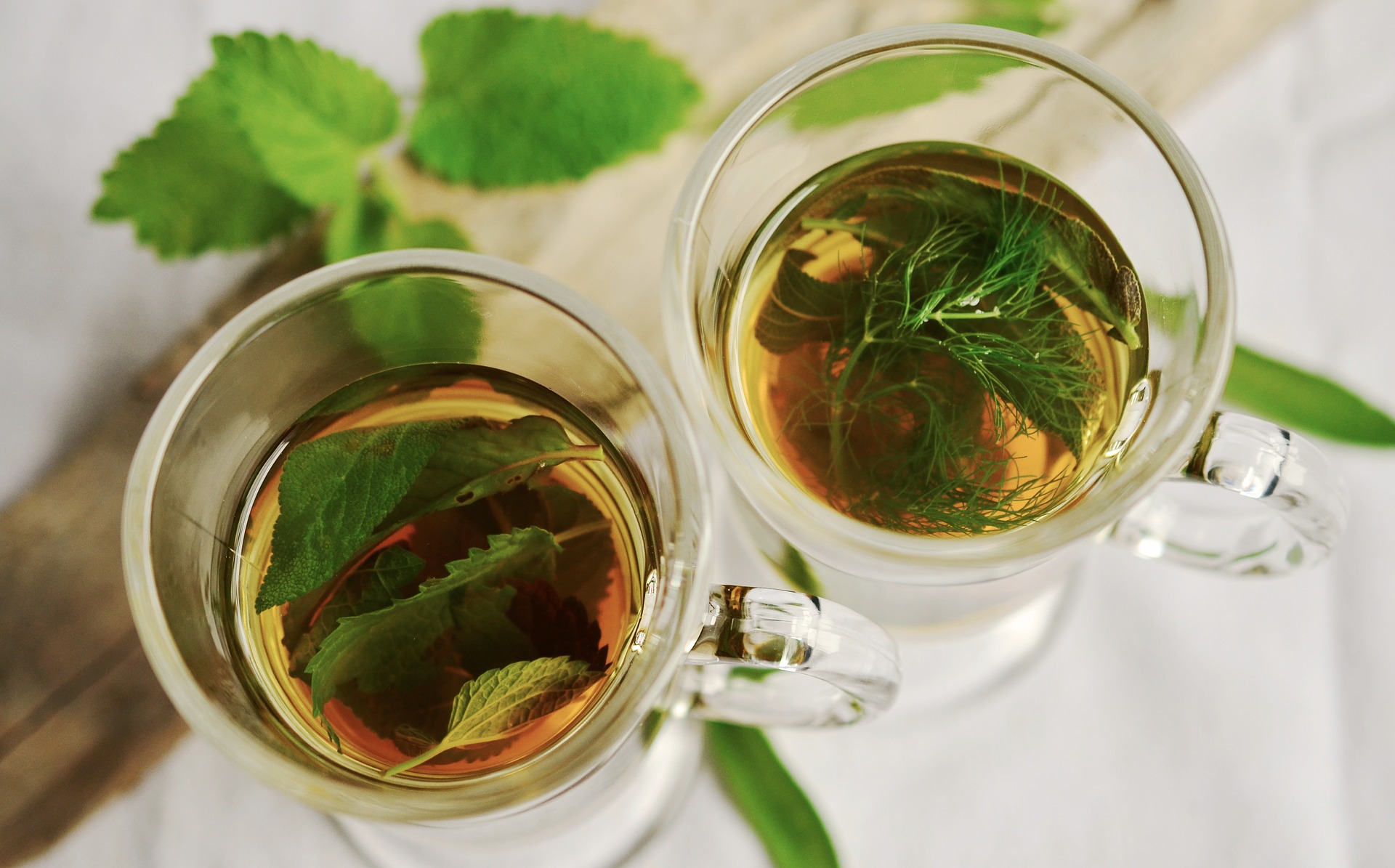
Aromatherapy is an alternative method of treatment that balances the body and boosts its natural defence, thus promoting euphoria and mental clarity.
The “tools” used in aromatherapy are called essential oils. They are natural, complex compounds with great vigour found in a plantʼs roots, stems, leaves, flowers, or fruits. An essential oil is "essential" in the sense that it contains the "essence of" the plantʼs fragrance - the characteristic fragrance of the plant from which it is derived. Some of the most well-known essential oils are: lavender, sage, chamomile, geranium, rose, tea tree e.t.c
History
Aromatherapy goes back in history, when aromatic herbs and their extracts were used to make cosmetics, drugs and incenses. They were largely used by the Egyptians, the ancients Greeks and the Romans. They were also mentioned in the Bible.
Uses of essential oils
They can be used in many cases such as:
- For respiratory problems (asthma, cough, cold, bronchitis, flu).
- For skin problems (acne, allergies, skin rejuvenation, ageing, dermatitis, itching, eczema, sensitive skin, sun burns, oily skin, bruises, dry skin, insect bites, inflammations, psoriasis).
- Against nosebleed, migraine, bad breath, colds, hair loss, headaches, seborrhoea.
- For circulatory problems (bad lymphatic circulation connected to the appearance of cellulite and obesity, high blood presure, low blood pressure, varicose veins).
- For muscular problems (strains, muscle aches, muscle weakness, rheumatism, cramps, stiffness).
- Against problems related to the nervous system (anxiety, panic, insomnia, nervous decline, nervous exhaustion, nervous strain, shock, stress, irritation).
- For digestive problems (lack of appetite, diarrhoea, constipation, heartburn, nausea).
- Against fungus, perspiration, arthritis, vertigo.
Again, a certified aromatherapist can inform you in which other cases essential oils can be used.
The best results in aromatherapy can be achieved by using pure and high quality essential oils that professional aromatherapists use and not the synthetic ones that are usually sold.
Visiting your local aromatherapist and enjoying an aromatherapy treatment, you help your body and mind to relax, to rejuvenate and be prepared to face lifeʼs challenges more effectively!
Disclaimer:
Although aromatherapy can help enormously in all the above issues, it does not
substitute or replace your usual and recommended treatment given by your
physician, your psychiatrist or your chemist. It can, however, complement all of the above or another alternative energy healing modality in a gentle, yet effective way.

